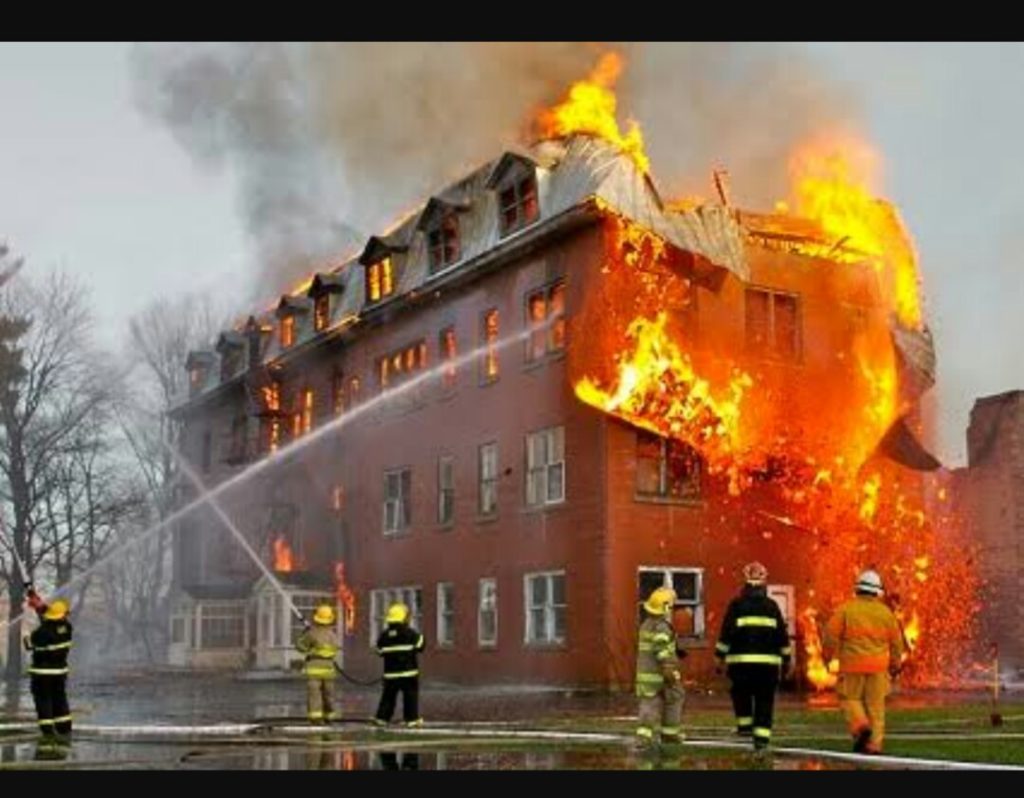What is Loss Insurance?
Small BusinessInsurance is a loss, is a practice of risk management concepts. Where it is in line with the basis of the notion of insurance, which is an effort to move the risk of the heads of other parties. In general, loss insurance is an effort to obtain protection for financial losses arising from uncertain or unexpected events. Examples of unexpected events are loss, theft or fire.
Loss insurance is also called general insurance or general insurance, which is a type of insurance that provides protection or collateral for property from the risk of unexpected events. In a more complex sense, loss insurance is a type of insurance that provides compensation to someone who is an insurance owner who is then referred to as the insured who suffers a loss of his property, where the loss occurred due to a hazard or disaster. Click here to require professional indemnity insurance policies.
The types of losses referred to include:
- Loss of value in the use of goods.
- Loss on reduced use-value.
- Loss of profits on the goods in question which the insured expects to gain.
There are several types of loss insurance, including the following:
Fire Insurance

Fire insurance is a type of coverage that provides compensation for risks caused by a fire event against an insured property. Items that can be insured in this fire insurance include houses, hotels, buildings, factories, offices, shops, hospitals, and so on. The Fire Insurance Standard Policy is a fire insurance policy. The policy includes risks that are included in the loss coverage due to damage to the insured or insured property. Risks included in fire insurance cover include the risk of loss or damage caused by fire, lightning, explosion or aircraft crashes.
Marine Cargo Insurance

This freight insurance is a type of coverage that guarantees the risk of loss suffered from loss or damage to goods when transporting goods by sea. This coverage applies to both parties involved, namely the owner of the transport of goods or ships, as well as the owner of the goods transported, depending on the conditions or incidents of loss that occur. For example, ships carrying a number of goods abroad.
On the sea, the trip crashed or crashed into another ship which caused damage to the chip carrier, the goods transported, also to the ship that was hit. Because the ship or the items had been insured, the insurance company had to provide compensation for the damage that occurred both to the owner of the ship and the owner of the goods transported. If the ship that was hit was also insured, then the insurance company must provide compensation to the owner of the ship.
Miscellaneous Insurance

Miscellaneous insurance is a type of loss insurance apart from the 2 types of fire insurance and freight insurance above. This variety of insurance covers various types of insurance, such as:
- Burglary Insurance is insurance that provides compensation due to the risk of theft of the insured property.
- Personal Accident Insurance (Personal Accident Insurance) is insurance that provides compensation for the insured self because of the risk of personal accidents.
- Travel Insurance is insurance that provides compensation for risks when
traveling . - Motor Vehicle Insurance, which is insurance that gives a loss due to the risk of motor vehicles.
- Property All Risks (Industrial All Risks) insurance is a type of insurance that provides compensation for the risk of damage related to industrial buildings or factories.
- Earthquake Insurance, which is a type of insurance that provides compensation for property caused by an earthquake.
- Engineering and Equipment Insurance (Engineering Insurance).
- Liability Insurance
- and so forth
As times evolve, human life and economic and business life, various types of insurance are increasingly diverse. Because the development of insurance follows the development of human needs. And related to this insurance, as long as the risk of damage is not related to human life such as health or death, any insurance can be classified as loss insurance.
